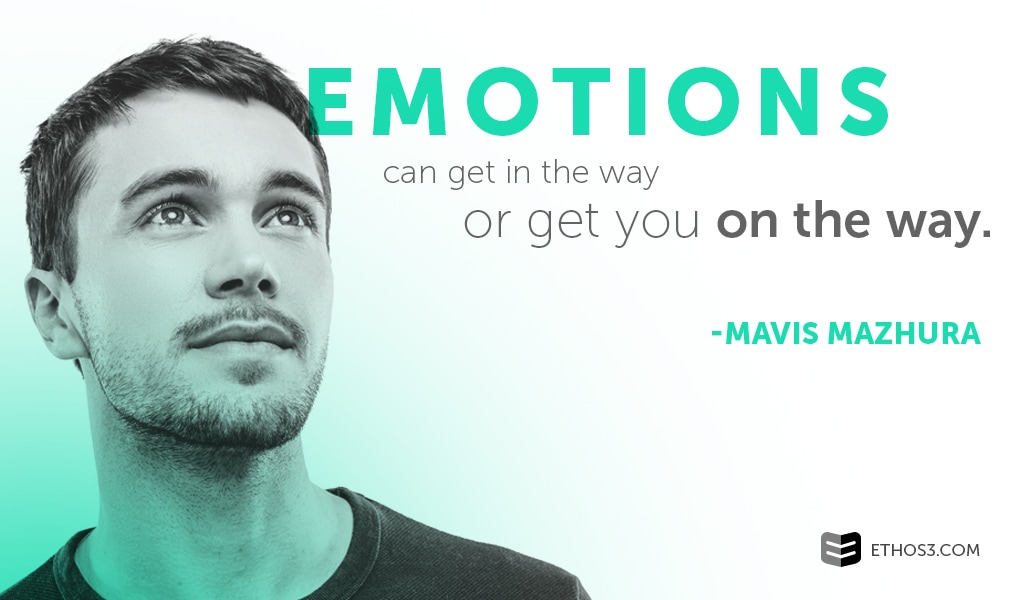Psychology Today defines emotional intelligence as “the ability to identify and manage your own emotions and the emotions of others.” Studies have shown that those individuals with high emotional intelligence, or EQ, are more effective leaders and create more substantial connections with others. For your presentation message to achieve maximum impact, you may need to enhance your emotional intelligence. If you’re still not convinced, here are some of the major impacts EQ has on a presentation:
Anticipate.
Emotional intelligence is a key trait for those in leadership positions. Why? In 2013, American Express released a study, which discovered that a high emotional IQ drives success in both personal achievement and authority in career settings. One of the first steps to conveying authority in a presenting setting is to establish credibility. This can be accomplished in a variety of ways – from having another person introduce you before your speech to producing vocal warmth through your tone.

Presentation Tip:
Pay close attention to the body language of your audience. Connect those signs to the appropriate emotions and use that knowledge to determine the optimal message delivery approach.
React.
Recent research from Dr. Gottman found that marriages have an 81% chance of deteriorating if the the man isn’t influenced by his wife. This means he isn’t considering her feelings – a core sign of a lack of emotional intelligence. In tense situations, the non-emotionally intelligent individual will react in a defensive or closed off way. Imagine this person in a presentation environment. He or she will likely react in a negative manner – becoming agitated by the audience or visibly revealing anger and annoyance.
Presentation Tip:
Compromise. It’s an essential action to engage in so that you can maintain healthy relationships at home and at work. If an audience member doesn’t agree with a proposal, point, or argument you make, simply meet them halfway by acknowledging their stance and comparing and contrasting it with yours. Make sure to find the positive contrasts as well as the negatives.
Solve.
A presenter with superb emotional intelligence is equipped to solve almost any interpersonal and personal issue. An article from the Harvard Business Review argued that emotional intelligence reflects self-awareness and adaptability, while also fostering collaboration among peers and empathy and understanding for clients and customers. In other words, individuals with a high EQ will solve more problems. These solutions will be accepted among the group too.
Presentation Tip:
Increase your ability to label the emotions of others in the most descriptive way. Don’t just notice that your audience members are happy. Note what type of “happy” they are in any given moment. For example, maybe they are “enthused” or “inspired.” These differences matter when you are gauging the tone of your presentation and the mood you are conveying to your audience.
Being in tune with your own emotions, as well as the emotions of others should be a skill that is desired in the workplace and in life in general. In fact, the influence of emotional intelligence is even being tested within our electronic devices. It’s present in basically every aspect of our existence now. Want to find out more about emotional intelligence? Check out the resources below!
Are You Emotionally Intelligent? Here’s How to Know for Sure
How to Stay Calm and Carry On to Increase Your Emotional Intelligence
